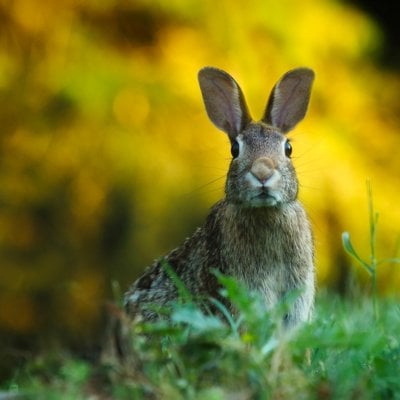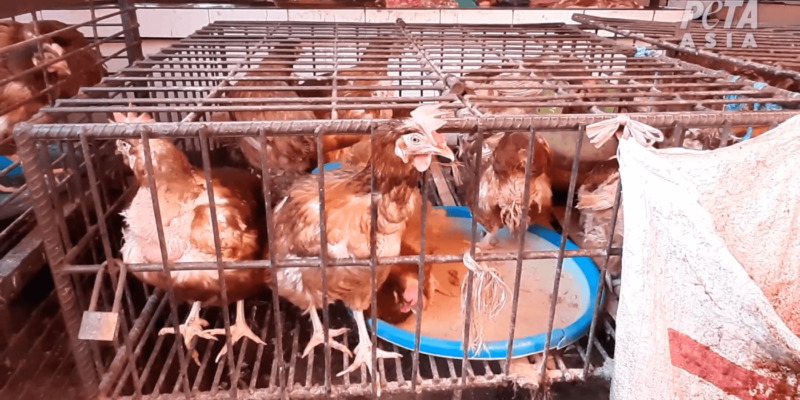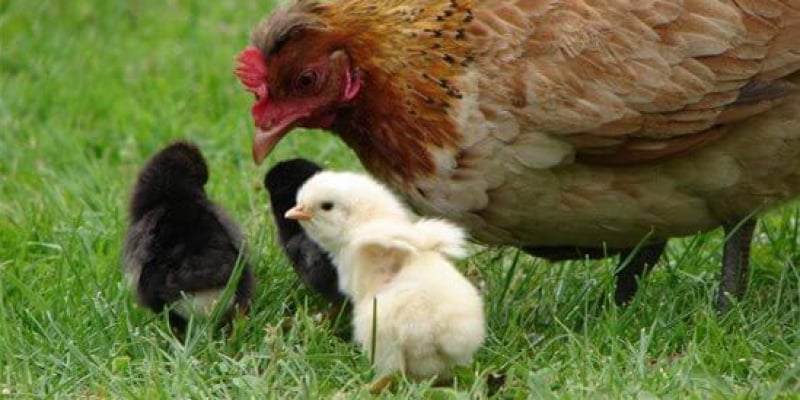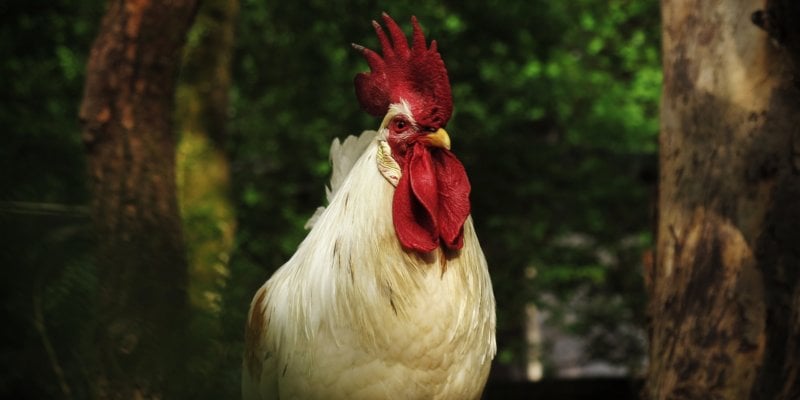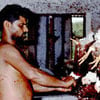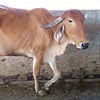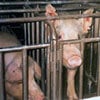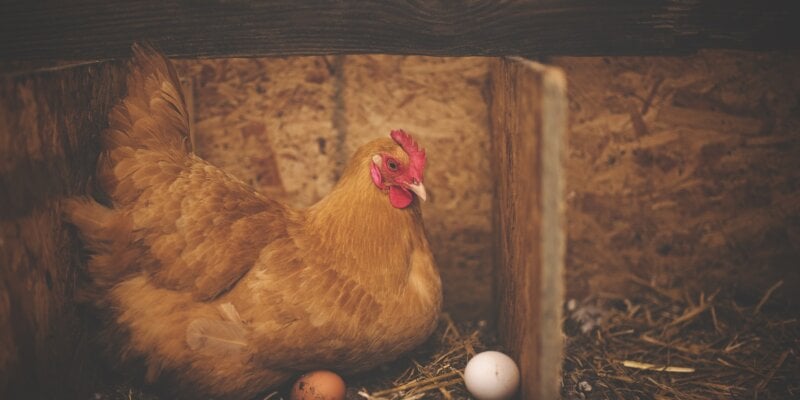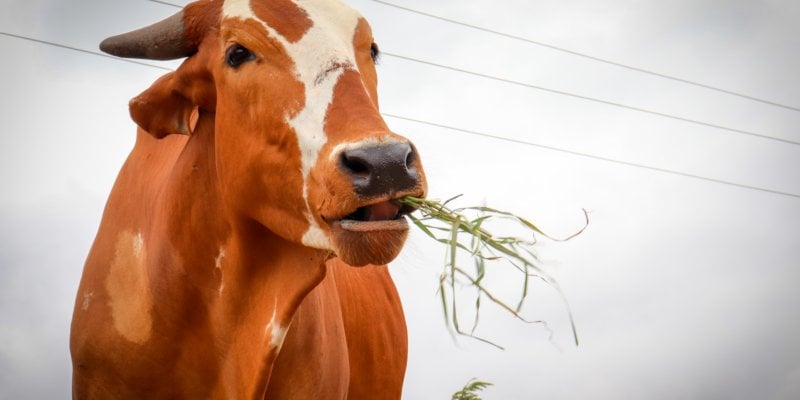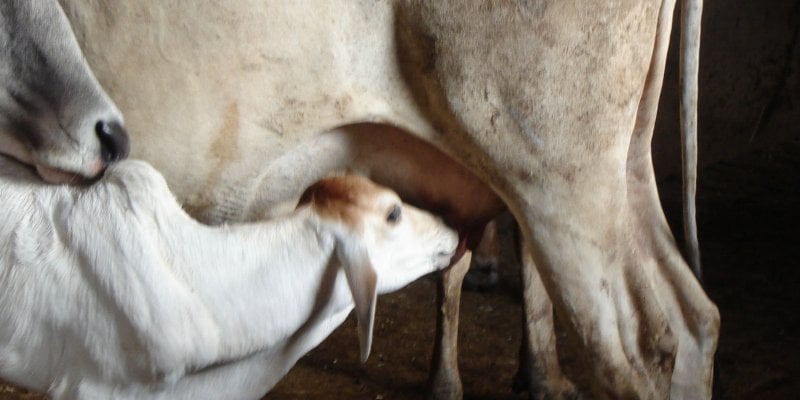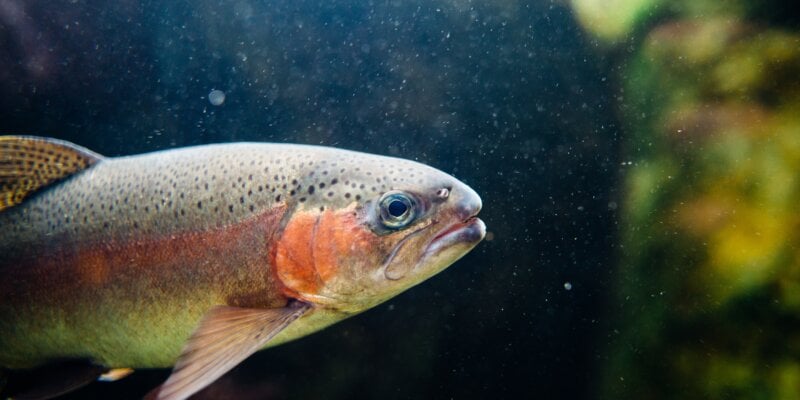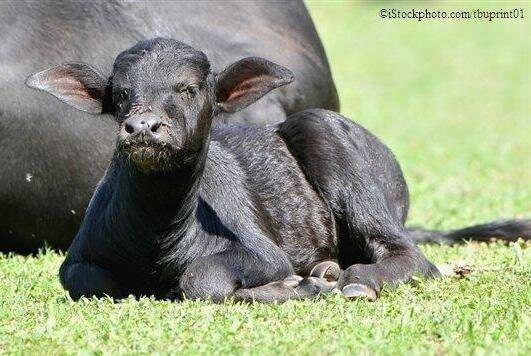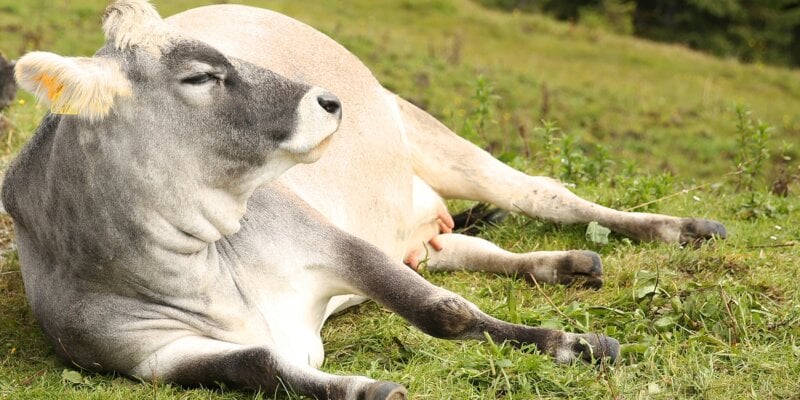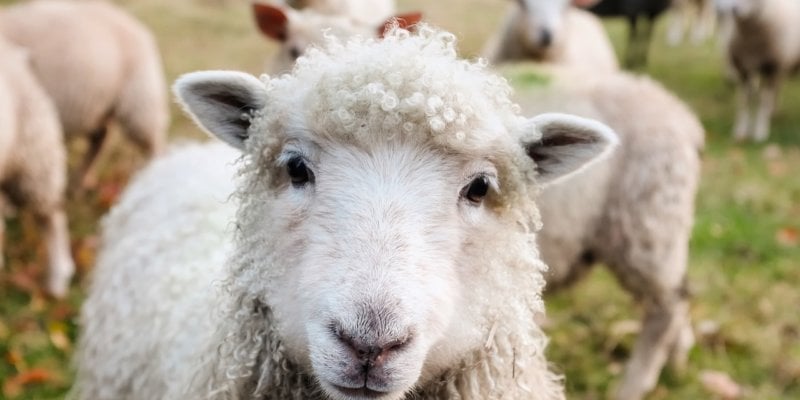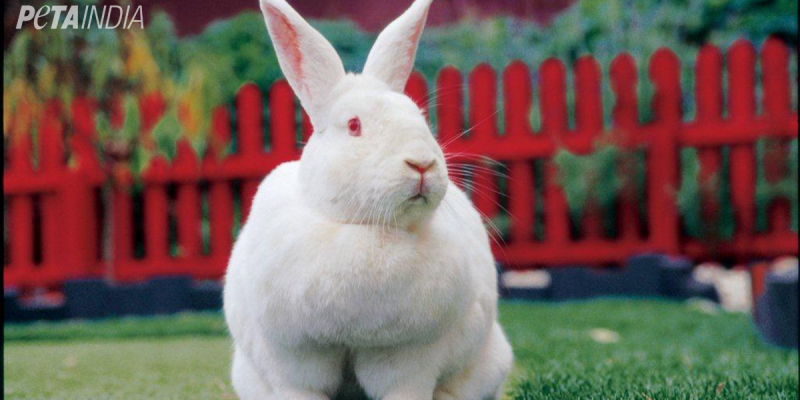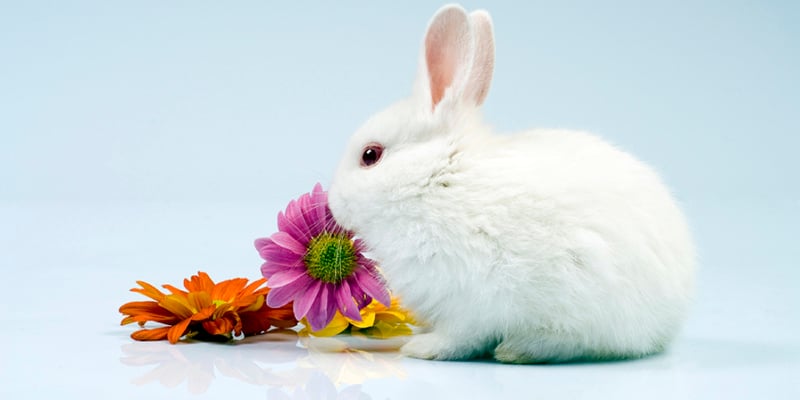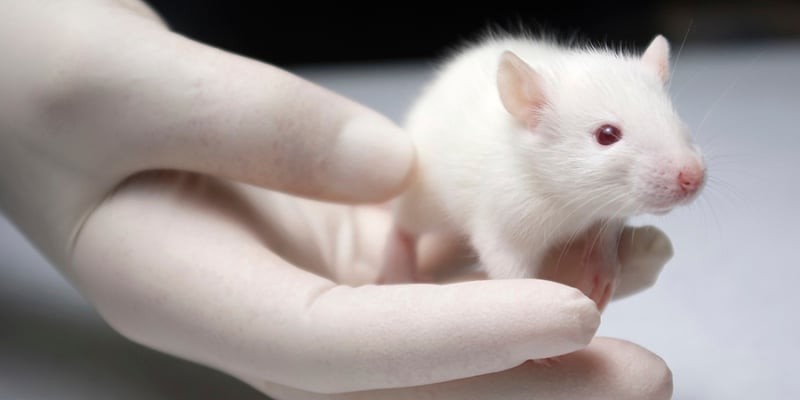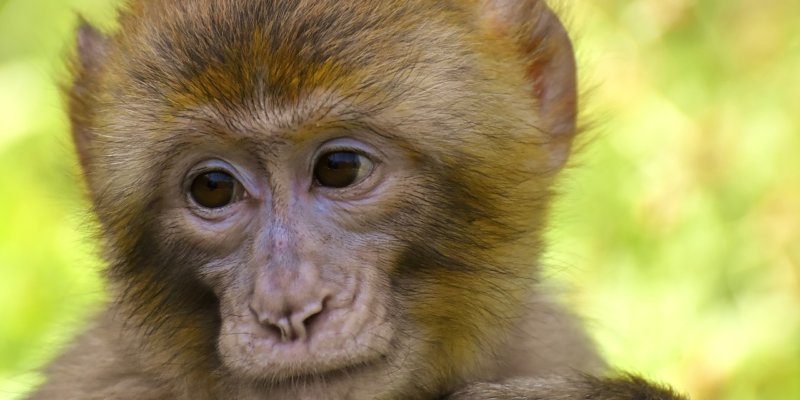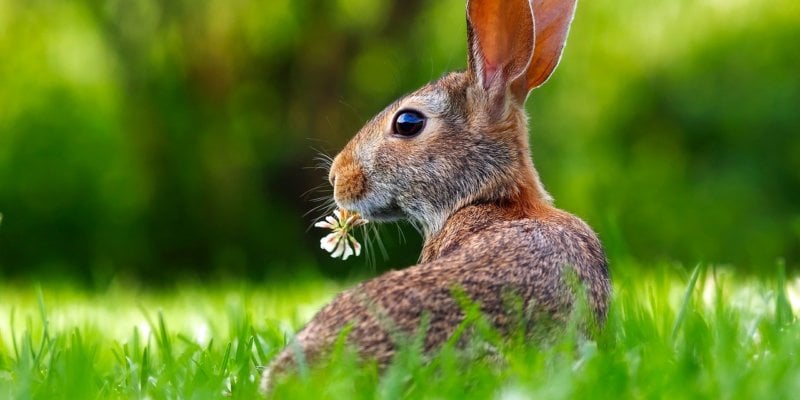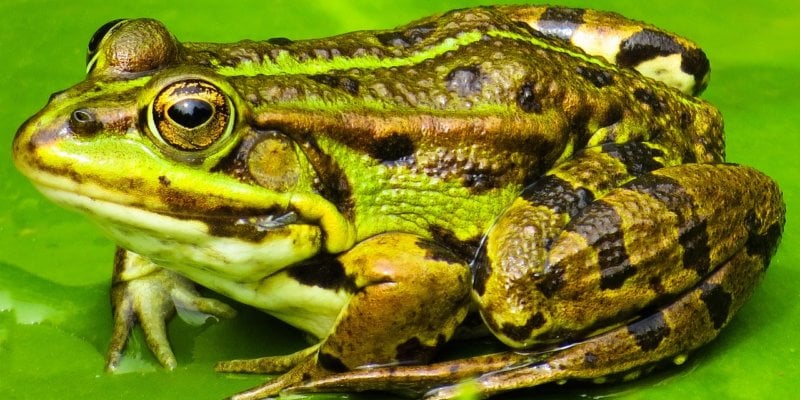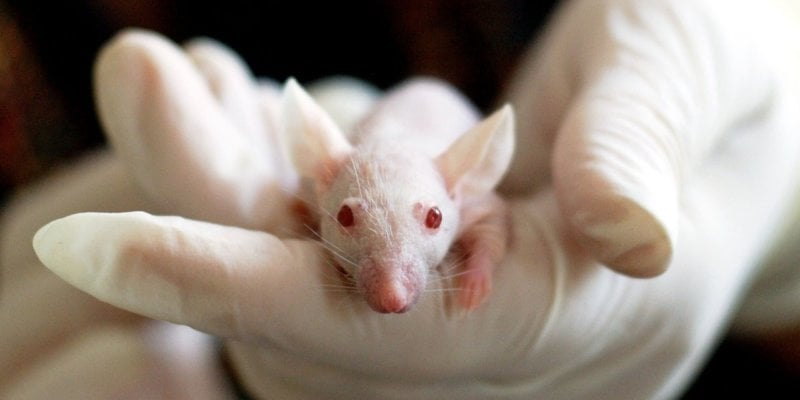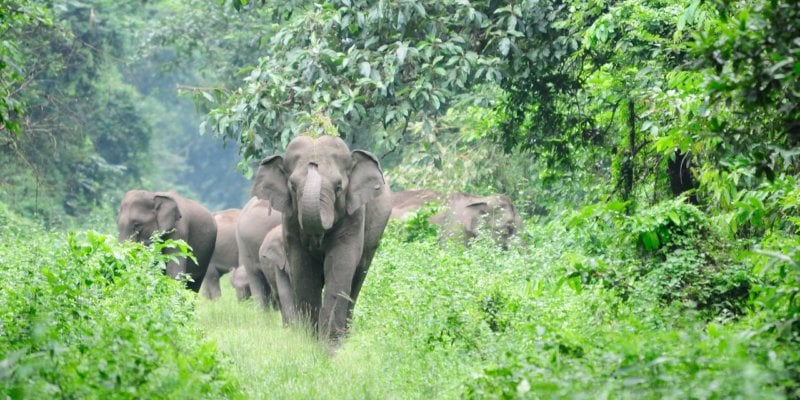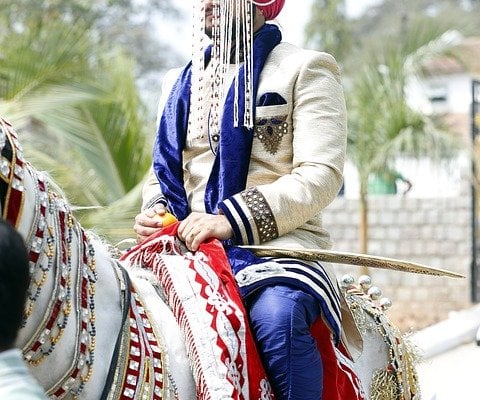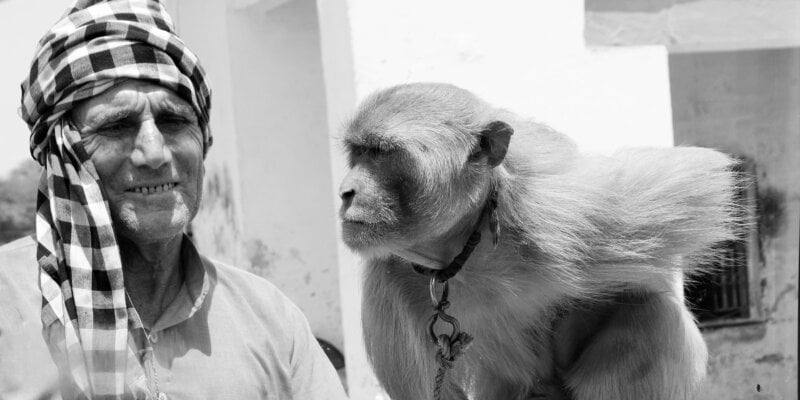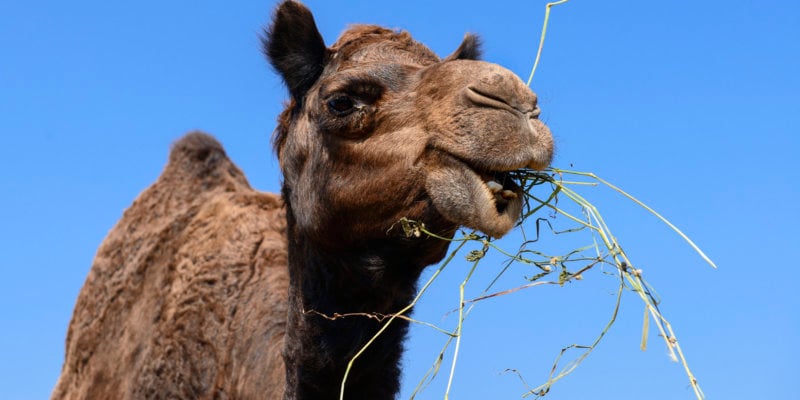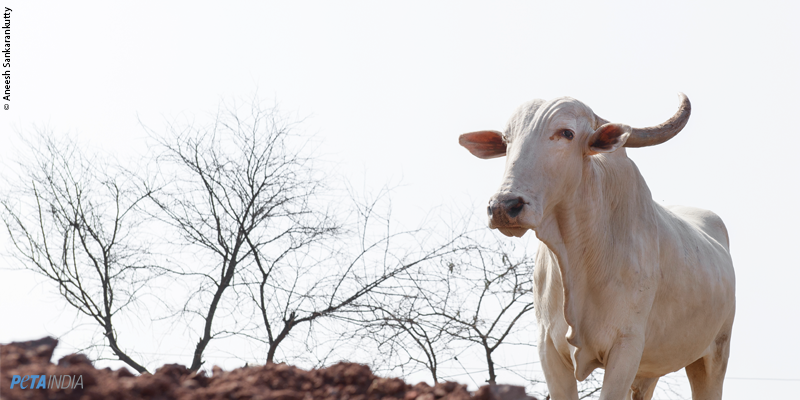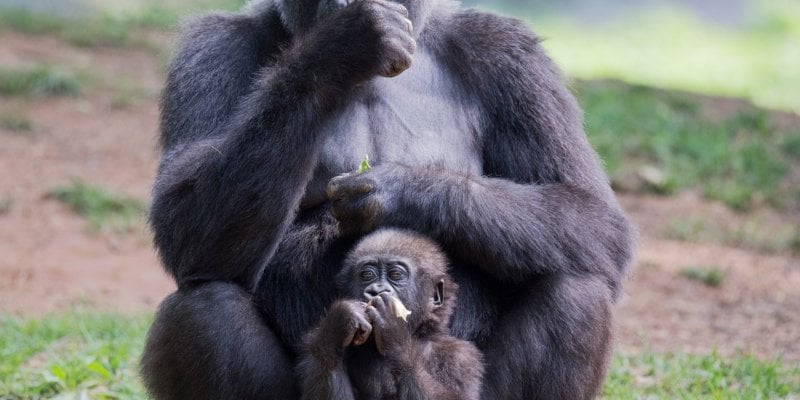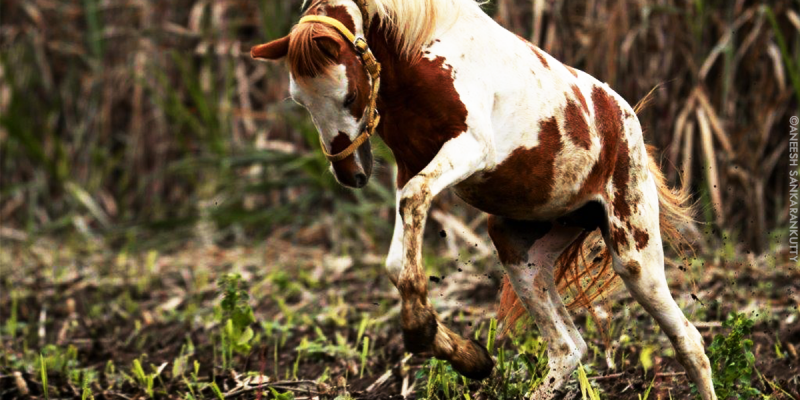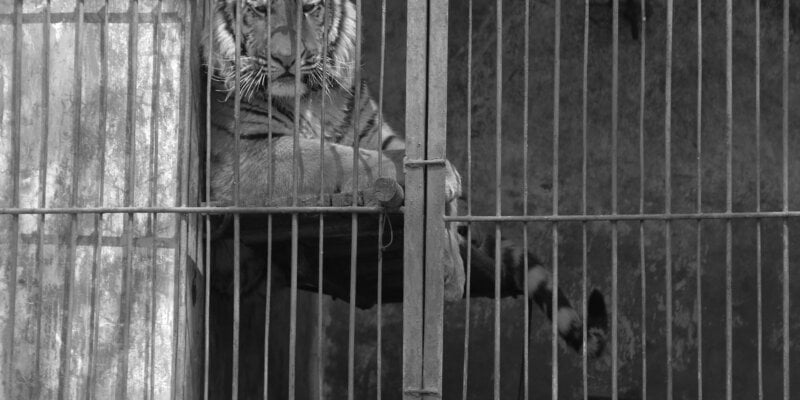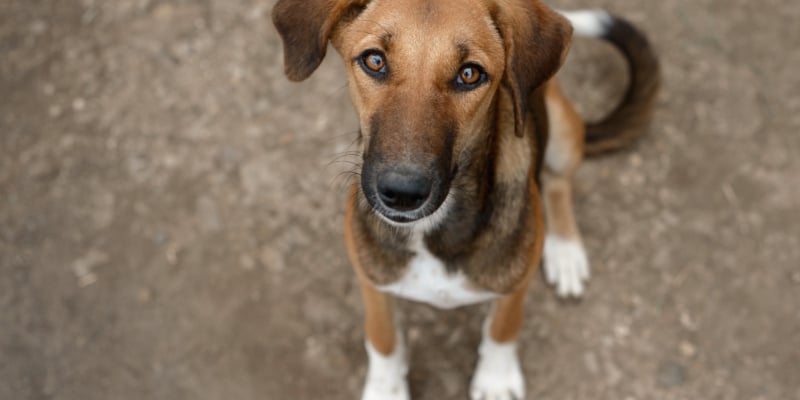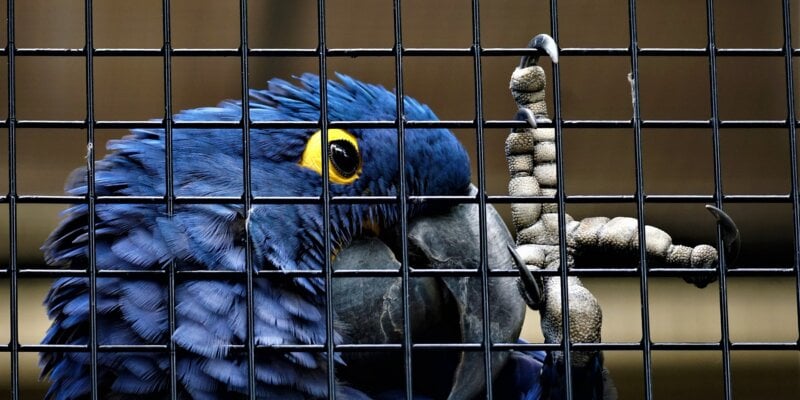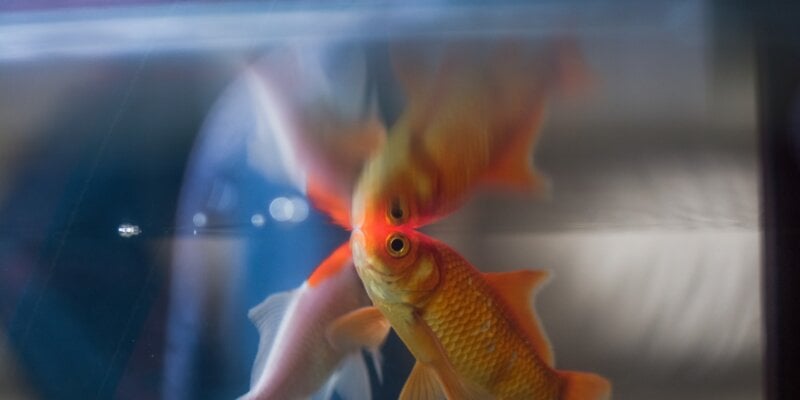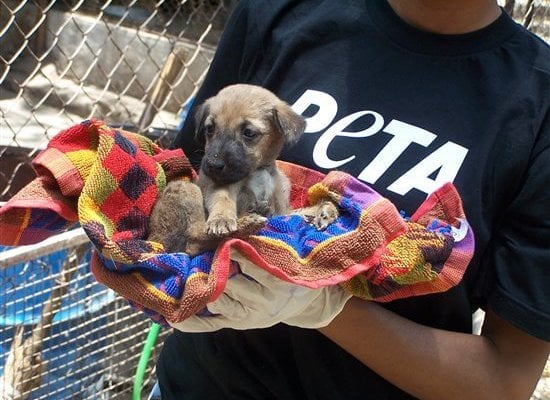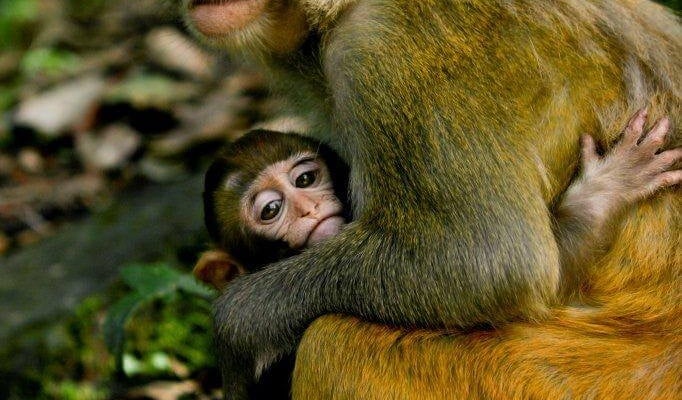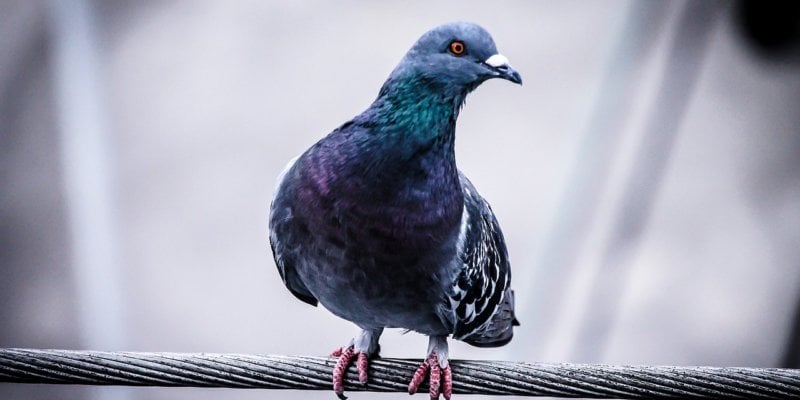What’s Wrong With Forcing Animals to Perform in Shows?
Though many uses of animals for entertainment are dying trades, many animals are still being forced to endure one hellish day after another by being forced to perform.
Snake Charmers
Snakes used in “charming” shows and festivals suffer tremendously.
Even though snakes are protected under The Wildlife (Protection) Act, 1972, they’re often captured from the wild and shoved into bags, kept in cramped boxes, and starved. Their teeth are often violently yanked out, and in many cases, their mouths are sewn shut. Their venom ducts are often pierced with a hot needle, causing their glands to burst. When applied, tikka – a red decorative pigment that’s applied to their hoods during pooja (an act of worship) – trickles into and irritates the animals’ eyes. And the “dance” that these animals perform is actually a fear reaction to the charmer’s pipe, which they view as a threat.
Dancing Monkeys
The use of monkeys, lions, tigers, panthers, bears, and bulls in performances is banned in India. Monkeys commonly used for this purpose are also protected under The Wildlife (Protection) Act, 1972. Yet many monkeys – some dressed in garish costumes and most with their teeth yanked out – are kept chained and made to “dance” under the threat of beatings. Food deprivation is also often used as a training technique. Some have been found with wires around their necks, which are used to choke them to keep them compliant and afraid. When the frightened animals resist or when trainers wish to pull them somewhere, they’re roughly yanked by the chains around their necks.
You Can Help
• Discourage your friends and family from supporting animal shows.
• If possible, take photographs of any animal acts that you see, and immediately report the illegal use of animals protected under The Wildlife (Protection) Act, 1972, to the police and your state’s forest department. Their contact details can be found via their official state websites.
• Call PETA India’s emergency number, (0) 98201 22602, or a local animal-protection group if you need additional help.
